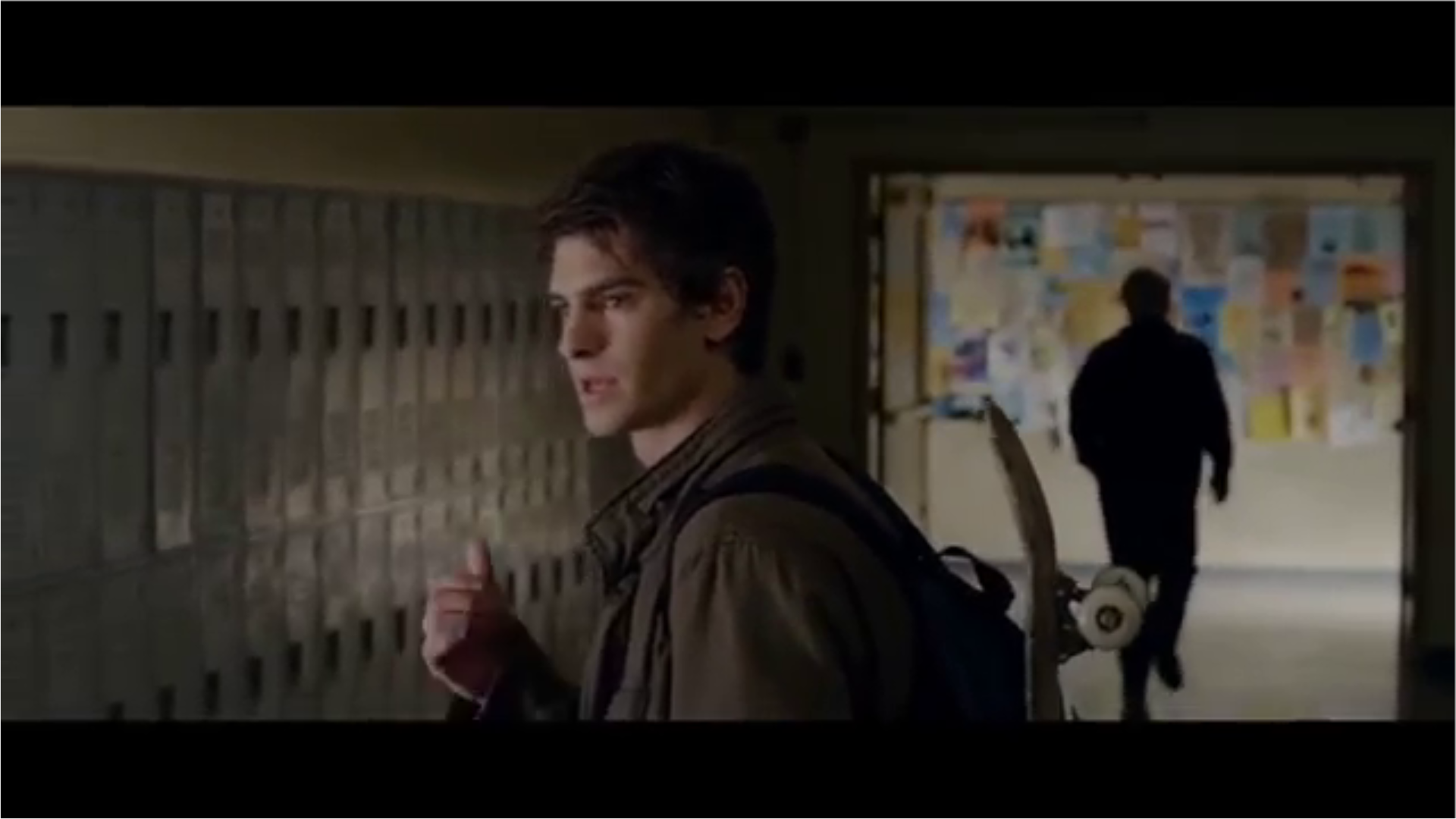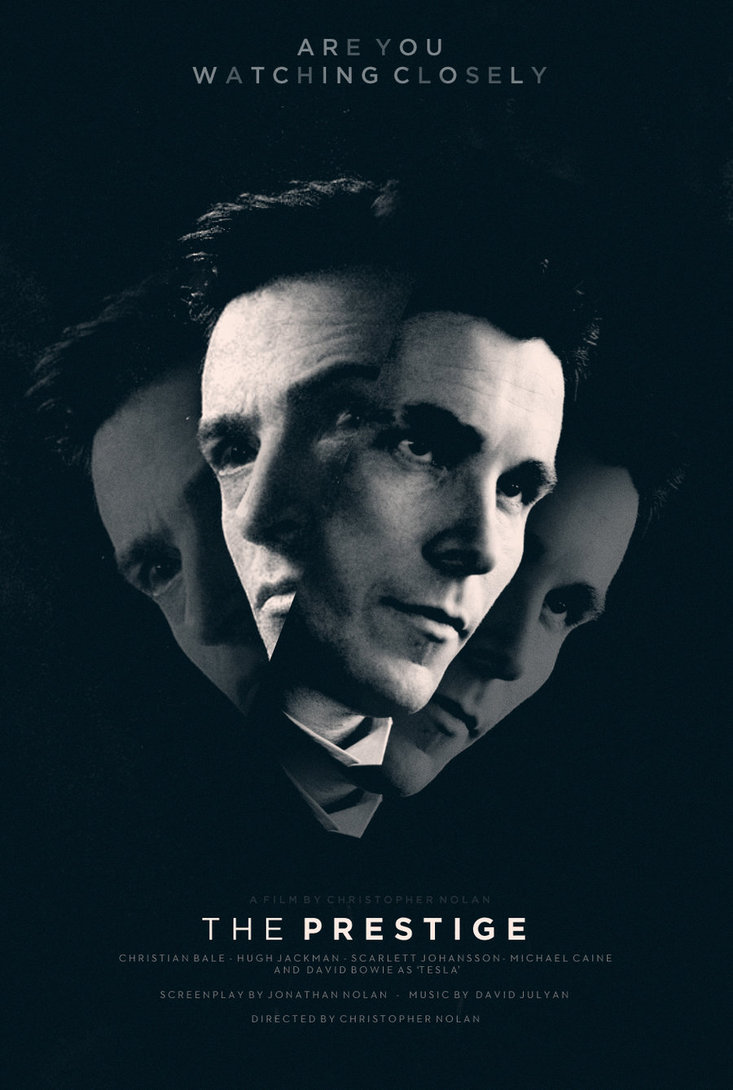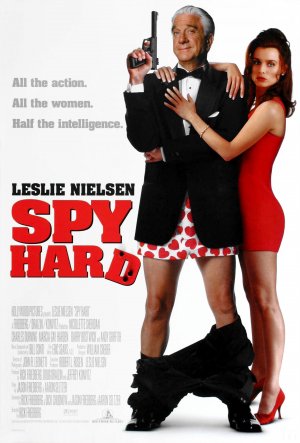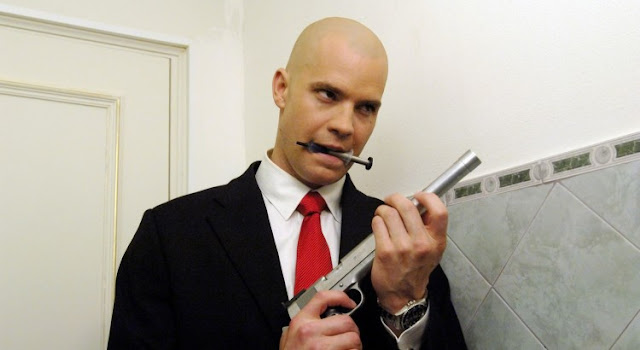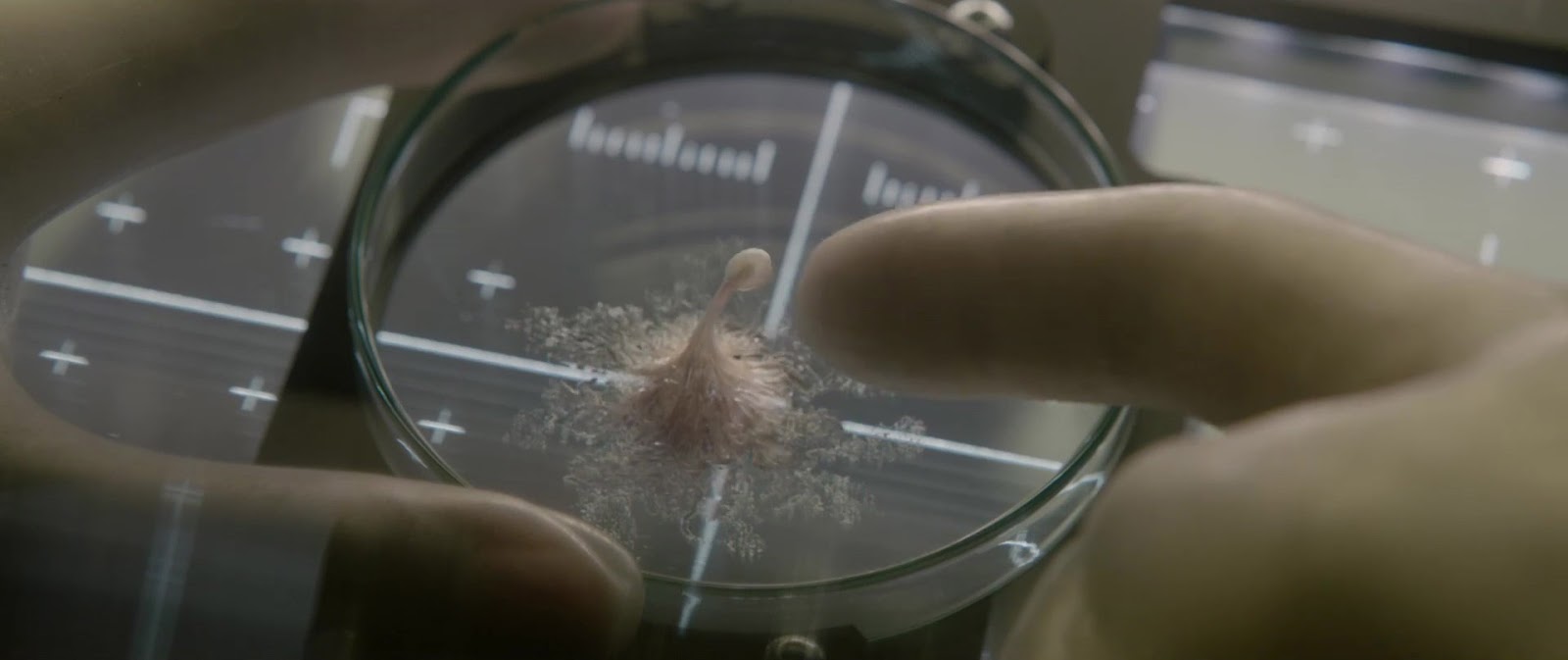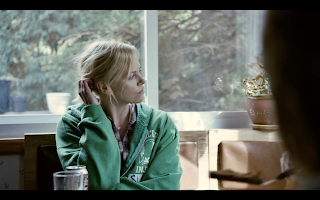Steven Spielberg threw everything into the kitchen sink with
Close Encounters of the Third Kind, and it shows, with an alien movie that tries to have it both ways. It feels like both a big adventure/road journey and what is typically expected from the genre, something much more focused and local. At times, it feels like he bit off more than he could chew, but if at any time the audience feels lost, focusing on the filmmaking aesthetics and how they've been homaged and built upon over the decades can help pull viewers back into the story.
Close Encounters of the Third Kind shows how different people react to the possibly of incoming otherworldly contact, and why they may do it. Some are just looking for answers (Roy, played by Richard Dreyfuss), some are secondary victims of abduction (Jillian, played by Melinda Dillon), and some are the military and government, who come off much better in this movie than the genre typically allows them to.
Starting with that, the military and government are given a light touch in Close Encounters. They do their job, and some of their actions are reprehensible, but they're humanized, and not the "robots" that typically fight and dissect the martians in these scenarios. There's a feeling of unity in Close Encounters that relaxes, but also raises the tension when it's realized that all the humans are on the same side, but is everyone in the movie on the same side?
Going into the aesthetics, the first thing people may pick up on is the use of light. It's beautiful, calculated, and arguably in one scene it creates one of the finest jump scares in cinematic history. The language of light and music is comparable to the recent movie Arrival (2016), which focused on language and communication in its plot.
The effects and especially camerawork are top notch. Little things like how a scene is blocked and edited go a long way in maintaining engagement. One scene that stuck out was when Dreyfus is interrogated by scientist Claude Lacombe (Francois Truffaut) and his assistant Robert (Lance Henriksen). When Claude or Robert are speaking the camera always keeps both of them in frame, emphasizing that unity needed to ground the film. Also, closeups on either of them would have created unnecessary cuts in a scene that demonstrates that less is more.
Less however isn't enough when it comes to the ships and aliens. Douglas Trumbell (Visual Effects Supervisor) and Carlo Rambaldi (alien designer) nearly overwhelm with spectacle, trusting that it won't be too much. The ships are incredibly detailed, beautifully colored, and bathed in a warm (very warm) glow. What keeps this from becoming too much is the initial opening of the film. Close Encounters starts with a slow burn tone, but doesn't exactly maintain it. How people feel about that is up to them, as the uptick in speed comes with a spreading out in plot.
Close Encounters could have used a little more focus as it feels a little unsure where it's going, even though it actually is. All that's lacking, or feels lacking, is breaks to check in on everyone else in the film. It's frustrating, but it's only an issue on the first watch. Rewatchers will be rewarded with time to go into the mind of Roy, his family, Jillian, and others.
Roy's a great everyman, searching for the truth and shrugging off nearly all others in his path. Dreyfus makes him his own with some humor and the way he interacts with his kids. Speilberg's father-son tropes, for lack of a better term, are mostly sidelined here. However, when they come out it's heartbreaking.
It's tough to imagine how people will react to extraterrestrials, if or when the time comes, tons of movies have captured the scenario (seemingly) pretty accurately, but Close Encounters feels like one of the first to explore all aspects of what may happen. It's not all invasions and slavery, but it's not all peace and love either. It's a great mix, like this movie. All excellent, if a bit all over the place, too.






